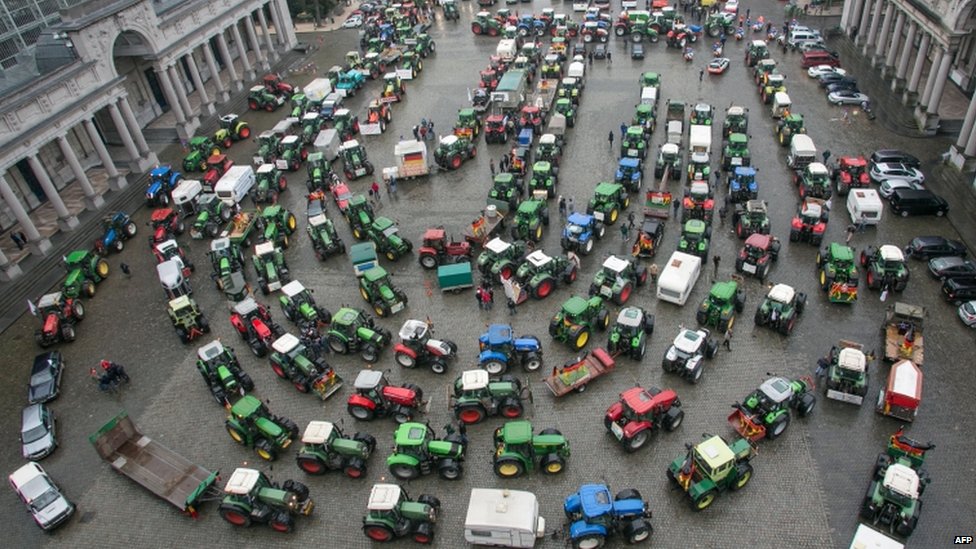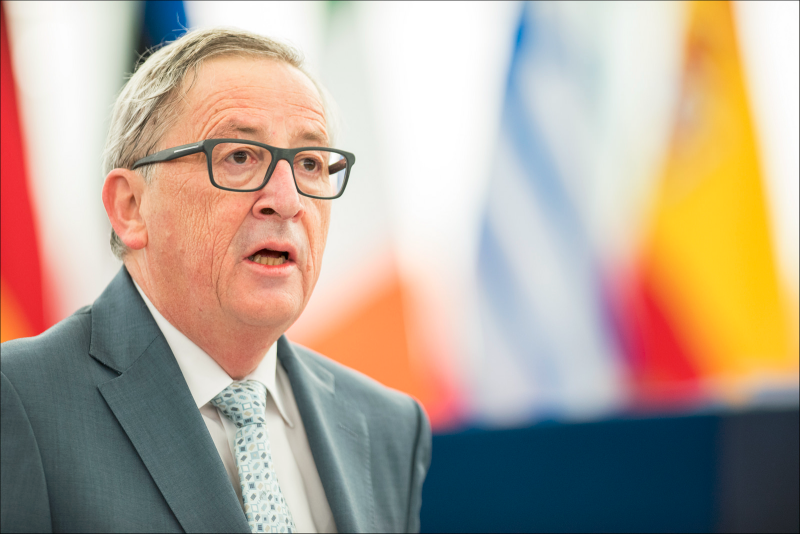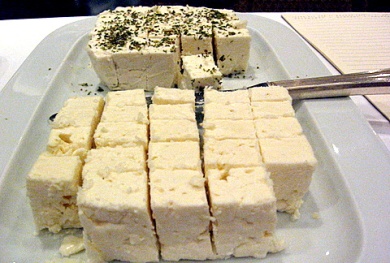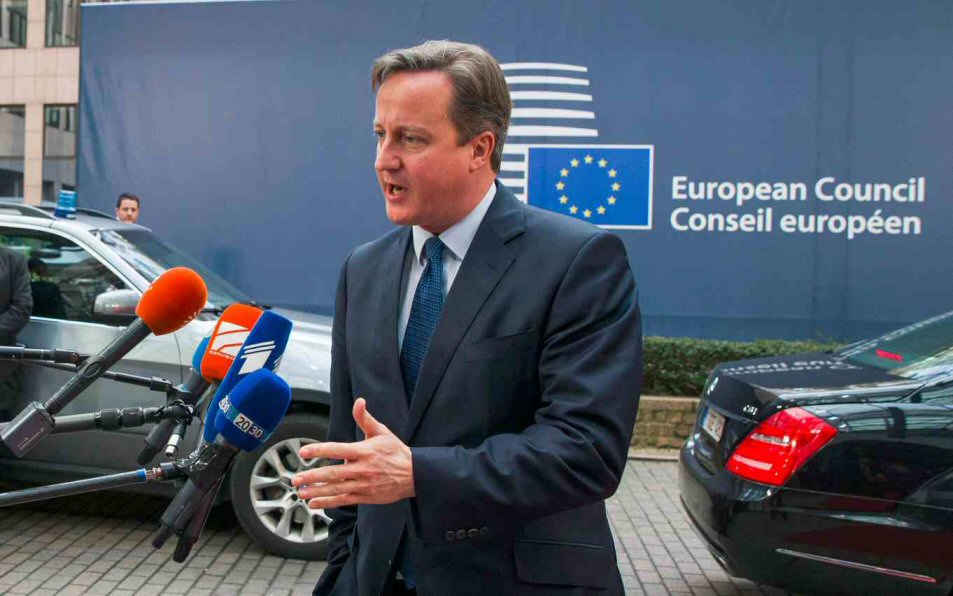Yesterday, the Agriculture Council agreed on a package of 13 measures to bring relief to agricultural markets in difficulty. Most attention has focused on the Commission’s willingness to invoke Article 222 of the CMO Regulation to permit producer organisations and recognised interbranch organisations in the dairy sector to introduce voluntary measures to reduce milk supplies, financed by member state funds. This attention is due more to the unusual nature of the measure rather than an assessment of its likely effectiveness.
The measure was put forward by Commissioner Hogan in his address to the Council. The agreement is summarised here in the Presidency Council conclusions and here in this DG AGRI press release following the meeting.… Read the rest




